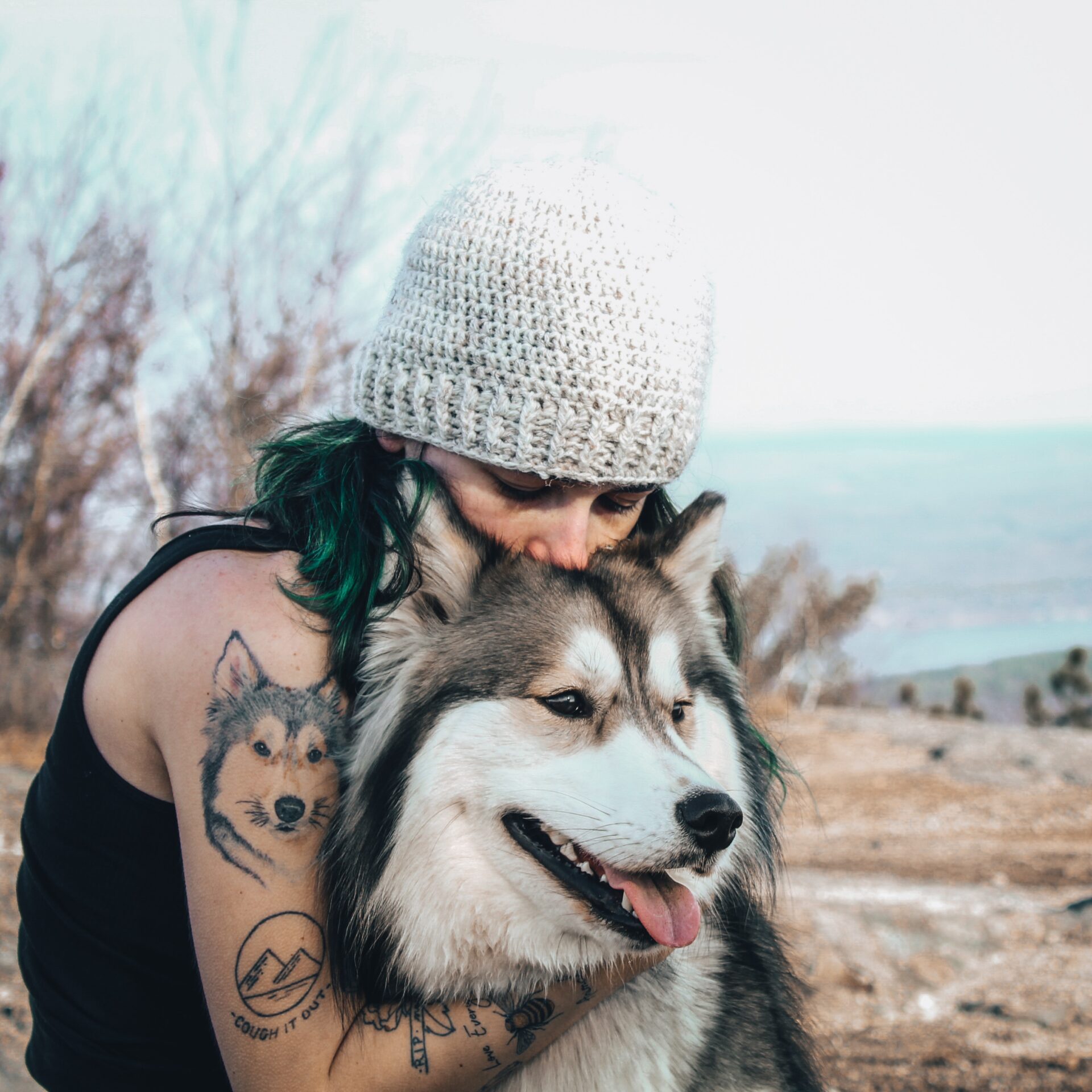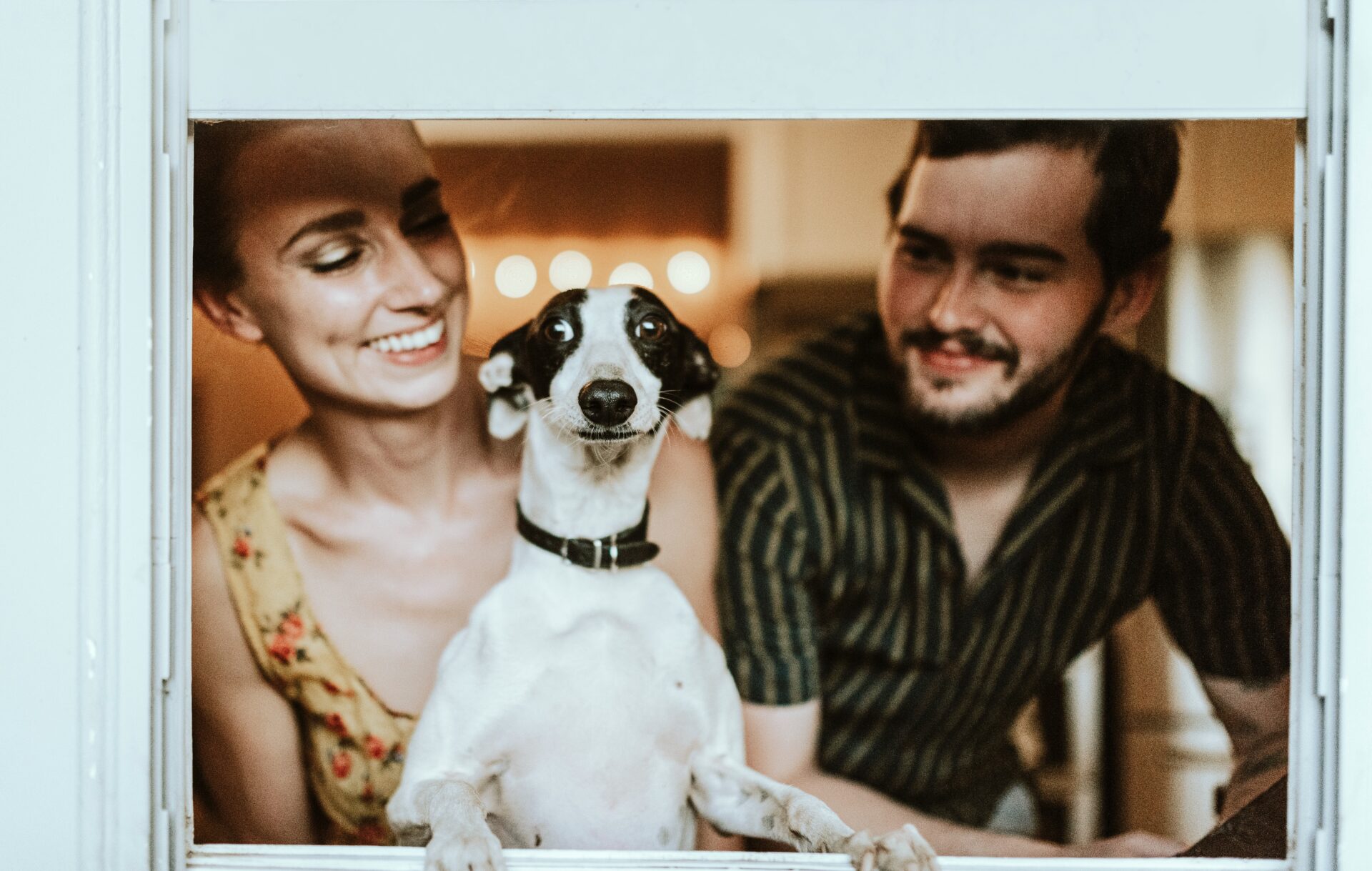What You Should Know Before Adopting A Pet According To An ER Doctor

What You Should Know Before Adopting A Pet According To An ER Doctor: Imagine standing at the precipice of pet ownership, peering into the vast unknown of wagging tails and playful purrs. Before you take that leap, there are crucial insights from an ER doctor that you need to know. These insights will not only guide you in providing the best care for your furry companion but also help you navigate the challenges that come with being a responsible pet parent. So, hold on tight as we embark on this journey together, uncovering the secrets to a harmonious and fulfilling life with your four-legged friend.
Responsibility of Pet Ownership
Owning a pet is a significant responsibility that requires your time, money, and ongoing commitment. When it comes to adopting a pet, many potential pet owners overlook the responsibilities that come with it. As a pet owner, you will be responsible for providing regular medical care for your new fur baby.
Medical care is a crucial aspect of pet ownership. Just like humans, pets require routine check-ups, vaccinations, and preventive care. It is essential to budget for these expenses, as they can add up over time. Additionally, unexpected medical emergencies can occur, so having an emergency fund specifically for your pet’s health is wise.
In addition to medical care, pet owners must also ensure that their pets receive proper nutrition. Feeding your pet a balanced diet that meets their nutritional needs is essential for their overall health and well-being. This means researching and selecting the right food for your pet’s age, size, and specific dietary requirements.
Grooming is another responsibility that pet owners must consider. Depending on the type of pet you adopt, grooming needs may vary. Regular brushing, bathing, and nail trimming are essential for maintaining your pet’s hygiene and preventing any skin or coat issues.
Lastly, pet owners must be prepared for the emotional and time commitment that comes with owning a pet. Dogs, for example, require daily exercise and mental stimulation. This means dedicating time each day to walk, play, and engage with your furry friend.
Choosing the Right Pet
When it comes to choosing the right pet for you, it’s important to consider pet compatibility and lifestyle factors. Think about your living situation, schedule, and personal preferences to determine what type of pet would be the best fit. By taking the time to assess these factors, you can ensure that you find a pet that aligns with your needs and will thrive in your care.
Pet Compatibility
To ensure a successful and fulfilling pet ownership experience, it is crucial to carefully consider your lifestyle, living conditions, and personal preferences when choosing the right pet. Research specific breeds and their needs to ensure compatibility with your lifestyle. Determine the level of commitment and time you can dedicate to a pet. Evaluate the space available in your home and whether it suits the needs of the pet.
Additionally, assess the financial responsibilities and ongoing expenses associated with pet ownership, including pet insurance and the initial adoption fee. When adopting a new pet, there are important questions to ask yourself: Can you provide the necessary exercise and mental stimulation? Are you prepared for the grooming requirements? Will the pet get along with any existing pets or children? Taking the time to find the right pet that fits well with your lifestyle and living conditions will lead to a happier and healthier relationship for both you and your new furry companion.
Lifestyle Considerations
Considering your lifestyle and personal preferences is crucial when choosing the right pet for you. Pets become part of your family, so it’s important to think about how they will fit into your daily routine. If you have young children, you might want to consider a pet that is known for being good with kids.
Additionally, some pets may require more exercise or grooming than others. It’s also important to consider if you have the time and resources to properly train your pet. Training classes can be beneficial for both you and your new furry friend, helping to prevent behavioral issues down the line. Remember, pets rely on you to provide a safe and loving environment, so make sure you have the time and commitment to take care of their needs.
Preparing Your Home for a Pet
Preparing your home for a new pet is an essential step in ensuring their safety and well-being. When adopting a pet, whether it’s a dog, cat, or another furry friend, there are a few things you need to consider in order to create a safe environment for them.
First and foremost, make sure you have ample space for your new pet to move freely. Different breeds have different exercise needs, so it’s important to research and understand the specific needs of your pet. For example, a high-energy dog may require a larger yard or access to a nearby park for regular exercise.
Next, take a look around your home and remove any toxic plants that could be harmful if ingested by your pet. It’s also a good idea to secure any fragile items that could easily be knocked over and cause injury. Remember, pets are naturally curious and can easily get into things they shouldn’t.
Creating a designated safe space for your pet is also important. This can be a quiet corner of a room or a cozy bed where your pet can retreat when they need some alone time. Make sure this space is comfortable and easily accessible for your pet.
If you’re bringing home a puppy or a kitten, it’s crucial to puppy or kitten-proof your home. This means removing any hazardous items such as chemicals, and small objects that could be swallowed, and securing cabinets and electrical cords to prevent accidents.
Consider crate training as a way to create a safe and comfortable space for your pet. Many dogs, in particular, find comfort in having their own den-like space. Make sure the crate is the appropriate size for your pet and provide them with cozy bedding and toys to make it a welcoming environment.
Regular Veterinary Check-ups
After ensuring your home is prepared for your new pet, the next crucial step is to prioritize regular veterinary check-ups for their overall health and well-being. Just like humans, pets need regular medical check-ups to ensure they are healthy and happy. Regular veterinary check-ups are essential for maintaining your furry friend’s long-term health and quality of life.
Schedule annual check-ups with a veterinarian to monitor your pet’s overall health. During these check-ups, the veterinarian will conduct a thorough examination, checking for any signs of illness or disease. They will also update your pet’s vaccinations and provide preventative care measures to keep them protected from common ailments. By keeping up-to-date with these vaccinations and preventive care, you are taking proactive steps to safeguard your pet’s health.
Regular check-ups play a crucial role in detecting any health issues early. Pets cannot communicate their discomfort or pain, making it even more important to have them regularly examined by a professional. During these check-ups, discuss any changes you have noticed in your pet’s behavior, appetite, or activity levels. These changes could be indicators of an underlying health problem that needs to be addressed.
As an ER doctor, I have seen firsthand the benefits of regular veterinary check-ups. Early detection and treatment of health issues can help prevent them from progressing into more serious conditions. By prioritizing regular check-ups, you are ensuring that your pet receives the necessary care they need to live a long and healthy life.
Common Pet Health Issues
When it comes to adopting a pet, it’s important to be aware of common health issues that can arise. Dental problems, obesity, and parasites are among the most prevalent. To prevent these illnesses, it’s crucial to provide regular dental care, manage your pet’s weight, and use preventative treatments for parasites. By staying proactive and taking these steps, you can help ensure the overall health and well-being of your furry friend.
Preventable Illnesses
To maintain optimal pet health, it is crucial to be aware of and take preventive measures against common illnesses that can be avoided. Dogs, like humans, are susceptible to dental problems, obesity, and parasites. Regular dental care, including brushing their teeth and providing chew toys, can help prevent dental issues. Feeding them a balanced diet and ensuring they get enough exercise can prevent obesity.
Additionally, regular check-ups with the vet and vaccinations are essential for preventing infectious diseases. Parasite prevention, such as flea and tick treatments, is also crucial for maintaining good pet health. Educate yourself on the signs and symptoms of common pet illnesses, and if you notice any abnormalities, seek prompt veterinary care. By taking these preventive measures, you can help keep your furry friend happy and healthy.
Routine Veterinary Care
Regular veterinary check-ups are essential for addressing common pet health issues and maintaining your furry friend’s overall well-being. When you bring home a new dog or cat, it’s important to schedule their first veterinary visit within the first year.
During these routine visits, your veterinarian will examine your pet’s overall health, administer necessary vaccinations, and check for any signs of dental problems, obesity, or parasites. It’s also crucial to keep your dog or cat’s environment clean and safe. Regularly clean litter boxes and water bowls to prevent the spread of germs and bacteria. Additionally, provide your pet with proper nutrition and exercise to maintain a healthy weight. By prioritizing routine veterinary care and creating a safe living environment, you can ensure your pet stays happy and healthy for years to come.
Creating a Safe Environment
To ensure the safety of your newly adopted pet, it is important to create a secure and pet-friendly environment in your home. Making sure your living space is pet-proof is crucial. Remove any toxic plants and secure fragile items that could be knocked over and cause harm. Designate a safe space for your pet, such as a crate or a gated area, where they can feel secure and comfortable.
When it comes to feeding your pet, it’s essential to provide them with the right nutrition. Make sure to choose high-quality puppy food that meets their specific dietary needs. Avoid feeding them food that contains grains, as dogs are natural carnivores and do not require grains in their diet. Consult with your veterinarian to determine the best food for your pet.
While some pet owners may consider using a crate, it’s important to note that crates should not be used as a permanent solution. They can cause distress and confinement for your pet. Instead, provide ample space for your pet to move freely and engage in activities. Different breeds have different exercise needs, so keep that in mind when creating a safe environment for your furry friend.
Lastly, it’s important to keep harmful items out of your pet’s reach and secure potentially dangerous areas in your home. This includes safely storing cleaning products, medications, and any other hazardous substances that could be harmful if ingested.
Before you bring your new pet home, ensure that your living space is ready to adopt. By taking these steps to create a safe environment, you’ll be providing your pet with the best possible start to their new life with you.
Pet Socialization and Stimulation
Now that you have created a safe environment for your newly adopted pet, it’s time to focus on their socialization and stimulation needs. Socializing your pet is crucial to help them develop healthy relationships with other animals and humans. It is especially important for large breed dogs and cats, as they need to learn how to interact appropriately with their environment.
To provide adequate stimulation, both physical and mental, make sure to incorporate regular exercise and play into your pet’s routine. Dogs, in particular, require daily walks or runs to release their energy and maintain good physical health. If you have a busy schedule, consider hiring dog walkers or enrolling your dog in doggy daycares to ensure they get the exercise they need.
In addition to physical stimulation, mental stimulation is equally important for your pet’s overall well-being. Engage them in interactive games, puzzle toys, and training sessions to keep their minds active and prevent boredom. This will not only entertain them but also help prevent behavioral issues that may arise from lack of mental stimulation.
It is crucial to recognize signs of anxiety and stress in your pet, as these can affect their socialization and overall happiness. Common signs include excessive barking, aggression, destructive behavior, and withdrawal. If you notice any of these signs, consult with a veterinarian or animal behaviorist to address the underlying issues and develop a plan to help your pet.
What You Should Know Before Adopting A Pet According To An ER Doctor Frequently Asked Questions
What Is the Most Important Thing to Consider Before Adopting a New Pet?
The most important thing to consider before adopting a new pet is the responsibility that comes with pet ownership. It involves a financial commitment, compatibility with your lifestyle, and a significant amount of time and commitment. Proper training, socialization, and long-term care are also crucial.
How Do You Deal With a Pet in the Hospital?
When your pet is in the hospital, it’s important to know the pet visitation policy, make necessary pet care arrangements, and communicate with the veterinary staff. Consider financial considerations and explore pet-friendly hospitals.
What Do I Need to Know Before Getting a Rescue Dog?
Before getting a rescue dog, you need to know about training requirements, potential behavioral issues, health history, the transition period, rehoming challenges, and the adoption process. It’s important to be informed and prepared.
Should You Visit Your Pet in the Hospital?
Visiting your pet in the hospital can have pros and cons. It can emotionally impact pet owners and strengthen the bond. Professional care is beneficial, and communication with vets is important. Support their recovery at home and follow tips for coping with their hospital stay.
Conclusion
In conclusion, adopting a pet is a big responsibility that should not be taken lightly. By considering factors such as pet insurance, crate training, proper nutrition, leash safety, and the commitment involved, you can provide a safe and happy home for your new furry friend. Regular veterinary check-ups and understanding common health issues will ensure their overall well-being. Remember, pet ownership is a rewarding experience, but it requires dedication and effort to ensure a lifelong bond with your pet.








